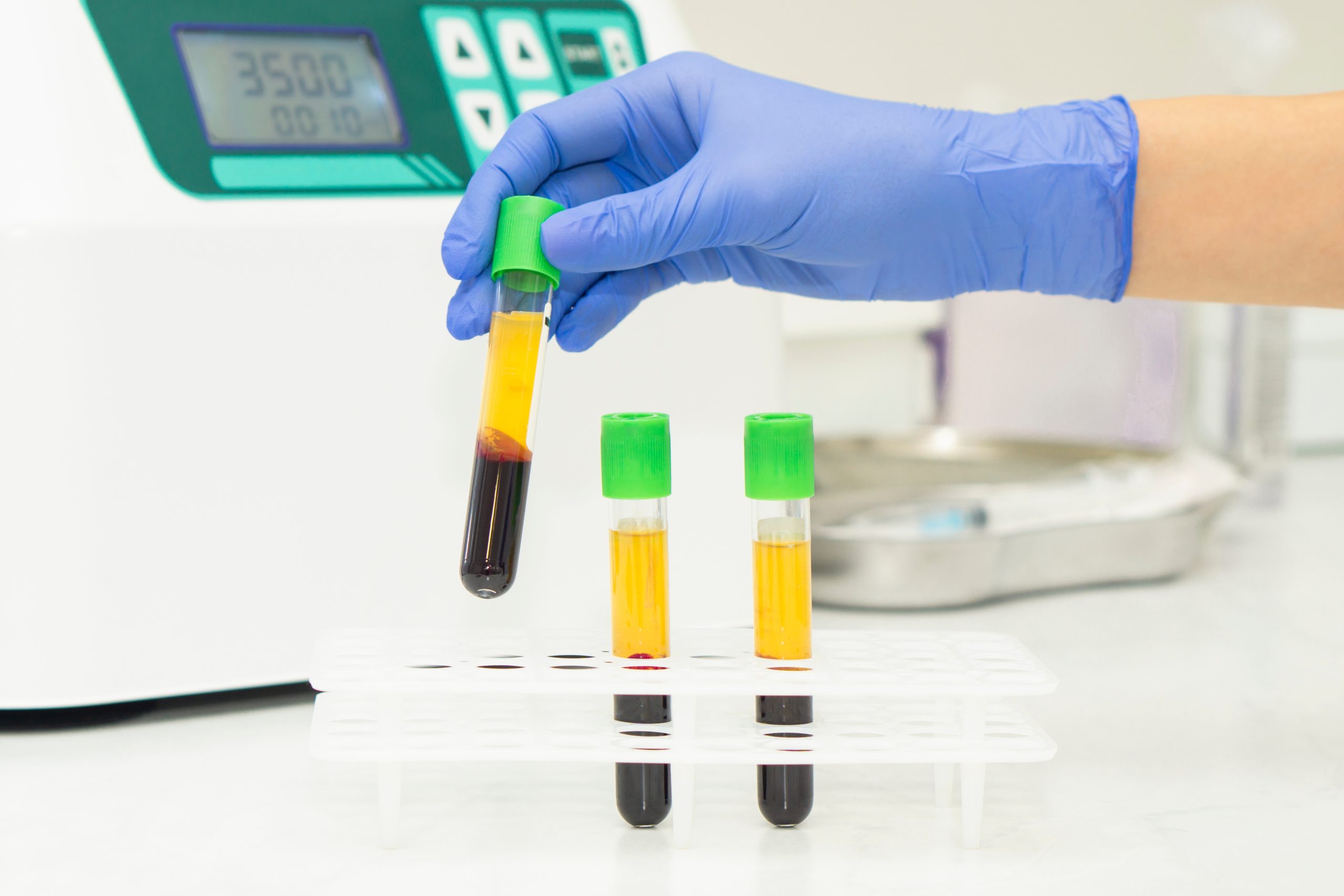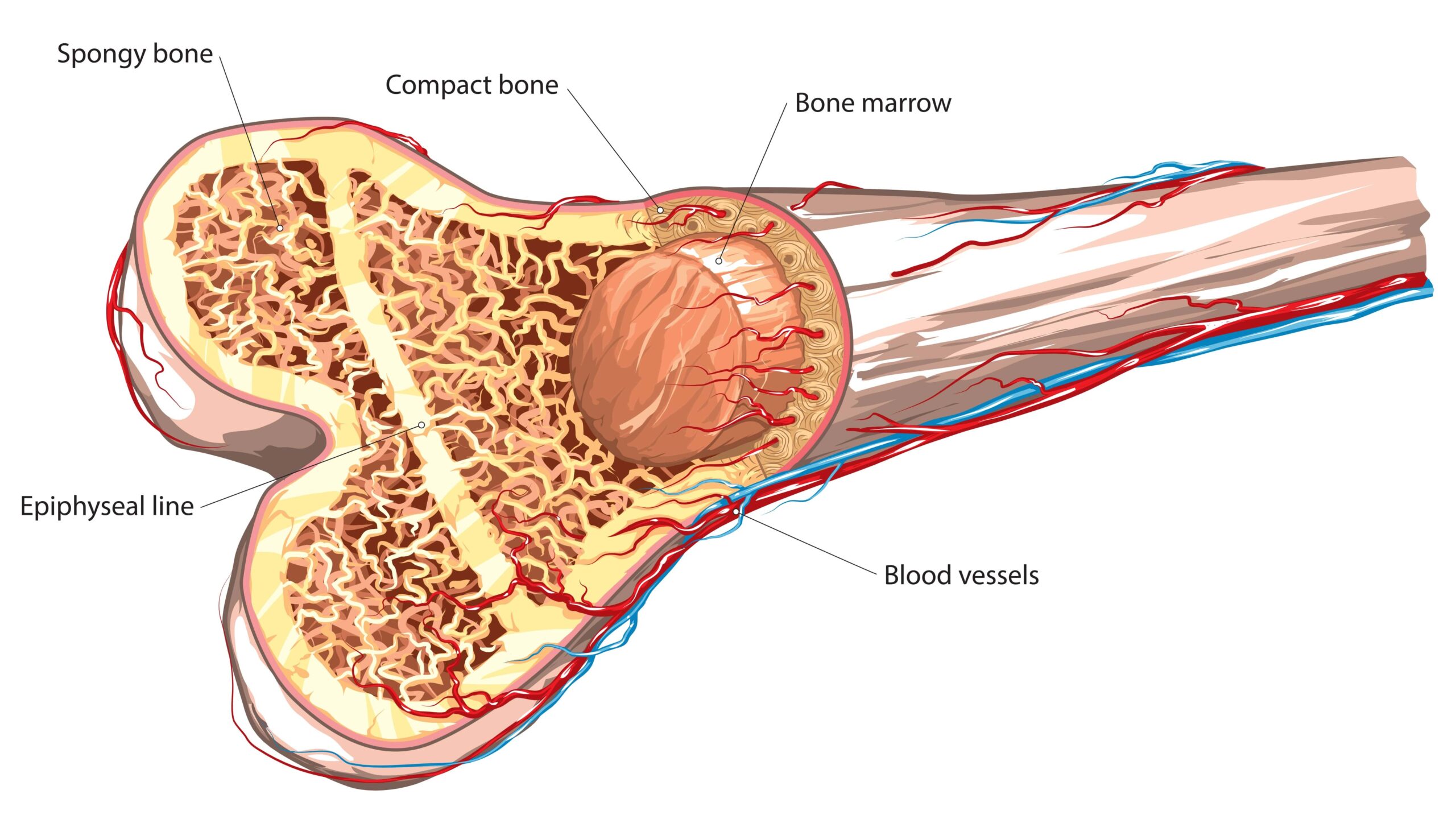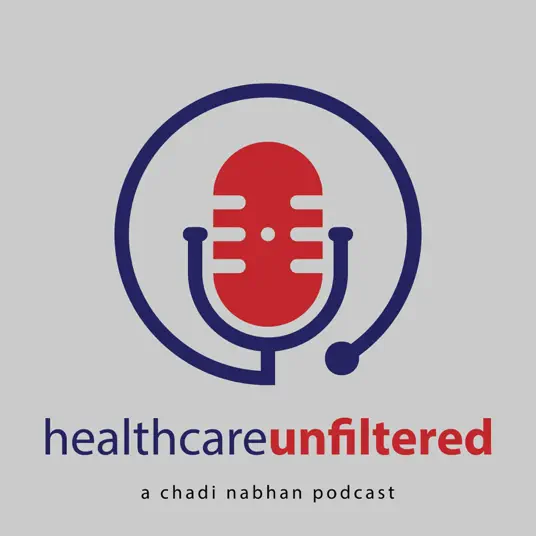Predictive genomics transforms early-stage breast cancer treatment by using tumor-specific genetic data to guide postsurgical therapy decisions. In this interview, Sadie Dobrozsi, MD, MS, explains how analyzing gene expression patterns in removed tumors helps identify which patients will benefit from chemotherapy—and, crucially, which will not.
Advertisement
The new blood test is less invasive and more accessible to patients.
Investigation of a HUNT Study cohort found elevated plasma MBL levels to be associated with increased risk for future VTE.
Reactive oxygen species levels decreased and patients with evident bone marrow failure showed hematological response.
Imlunestrant plus abemaciclib improved PFS across subgroups in ER+/HER2- breast cancer, per EMBER-3 data.
Abemaciclib plus fulvestrant showed benefit across biomarkers after CDK4/6i failure in advanced HR+/HER2- breast cancer.
Why vaccine hesitancy is rising—and what we can do to counter it with facts, trust, and access.
About 40% of patients on AI + palbociclib developed ESR1 mutations in PADA-1, emerging as early as 6 months into treatment.
Zanidatamab plus chemo showed promising responses in HER2+ and HER2-low mBC, with durable activity in a phase I trial.
DocWire Content Partners
Powered by DocWire News
The Latest From GI Oncology Now
Suvemcitug, envafolimab, and FOLFIRI may serve as a new second-line treatment option for cold tumors.
KRASG12C inhibitors can have reduced efficacy in patients with alterations in KRAS, EGFR, and other genes.
Complete responders with HCC have prolonged survival and durable disease control even after therapy has been discontinued.
The primary objective of median PFS was significantly longer for patients treated with 177Lu-edotreotide.
The safety profile of the combination was consistent with known profiles, and no new safety findings were observed.
Older patients in their 70s with extrahepatic CCA have a higher rate of choledocholithiasis.
The Latest From Heme Today
Investigation of a HUNT Study cohort found elevated plasma MBL levels to be associated with increased risk for future VTE.
Reactive oxygen species levels decreased and patients with evident bone marrow failure showed hematological response.
A cohort study of extended-phase anticoagulation following acute management was performed in the phase III EINSTEIN Jr trial.
Fidanacogene elaparvovec gene therapy is a safe and effective treatment for patients with hemophilia B, research shows.
The agent targets abnormal gene expression in order to control the excessive cell proliferation that occurs in PV.
A study has explored the clinical impact of both mutation-based and non-mutation-based p53 dysfunction in MDS.



































 © 2025 Mashup Media, LLC, a Formedics Property. All Rights Reserved.
© 2025 Mashup Media, LLC, a Formedics Property. All Rights Reserved.